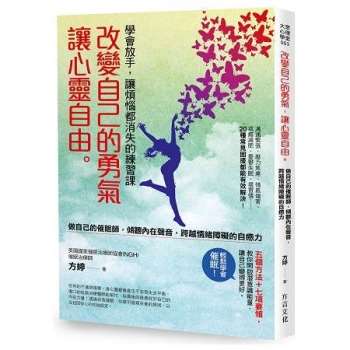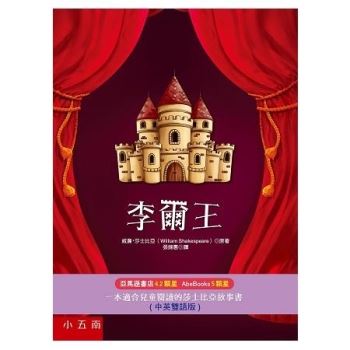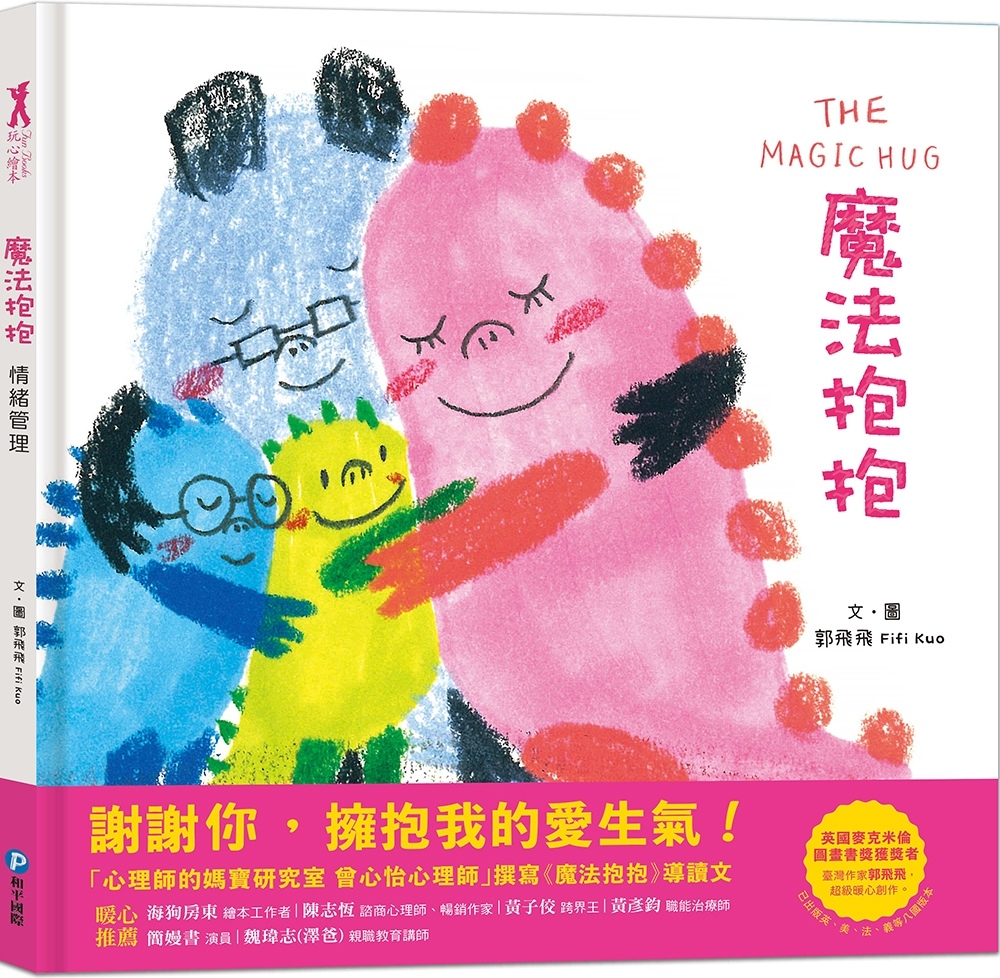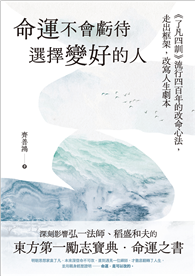Facing a transformed socio-political landscape after the An Lushan Rebellion (756-763), Tang dynasty elites questioned inherited understandings of tradition and anxiously reflected on their relations to both recent and ancient pasts. Du Fu (712-770), widely considered China’s greatest poet, presciently addressed these concerns in his late work on memory and the means by which the past survives.
In Elegies for Empire, Gregory Patterson maps out a poetics of memory in Du Fu’s poems from his prolific period of residence in Kuizhou, a remote border town in the Yangzi River Three Gorges. Patterson argues that, for Du Fu, memory held the promise of rebuilding frameworks of belonging under conditions of displacement and dynastic crisis. Remembering also led the poet to think through the material underpinnings on which cultural transmission depends; therefore, these late poems are distinguished by a highly creative, often melancholy engagement with the forms and media that preserve memory, such as monuments, paintings, and poetry. Elegies for Empire elucidates the vital roles of place, memory, and media in poems that are among the most influential in the Chinese literary tradition.| FindBook |
有 1 項符合
Elegies for Empire: A Poetics of Memory in the Late Work of Du Fu的圖書 |
 |
Elegies for Empire: A Poetics of Memory in the Late Work of Du Fu 作者:Patterson 出版社:Harvard University Press 出版日期:2024-10-15 語言:英文 規格:精裝 / 310頁 / 普通級/ 初版 |
| 圖書館借閱 |
| 國家圖書館 | 全國圖書書目資訊網 | 國立公共資訊圖書館 | 電子書服務平台 | MetaCat 跨館整合查詢 |
| 臺北市立圖書館 | 新北市立圖書館 | 基隆市公共圖書館 | 桃園市立圖書館 | 新竹縣公共圖書館 |
| 苗栗縣立圖書館 | 臺中市立圖書館 | 彰化縣公共圖書館 | 南投縣文化局 | 雲林縣公共圖書館 |
| 嘉義縣圖書館 | 臺南市立圖書館 | 高雄市立圖書館 | 屏東縣公共圖書館 | 宜蘭縣公共圖書館 |
| 花蓮縣文化局 | 臺東縣文化處 |
|
|
圖書介紹 - 資料來源:博客來 評分:
圖書名稱:Elegies for Empire: A Poetics of Memory in the Late Work of Du Fu
|











